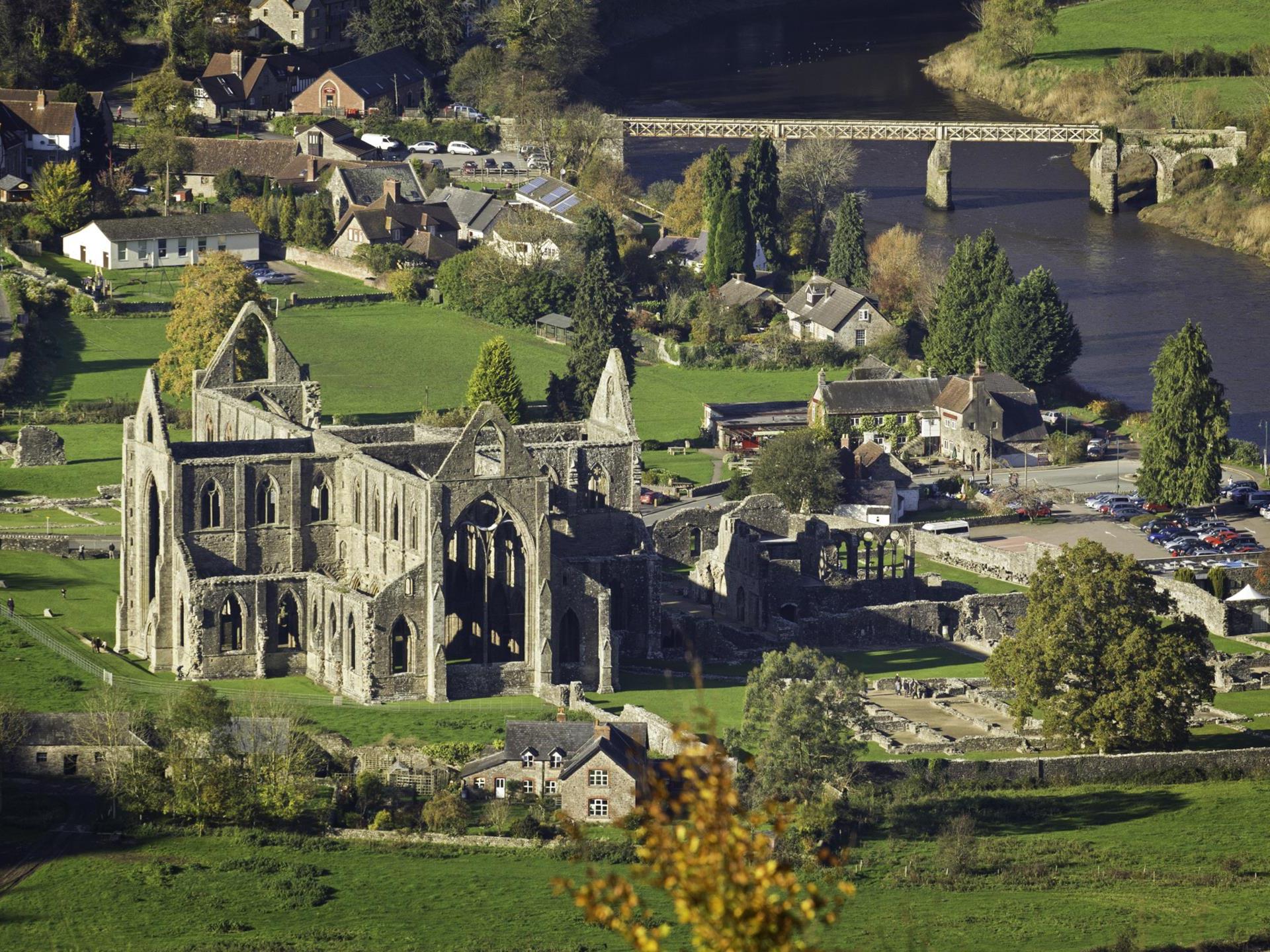When first reading Wordsworth’s Tintern Abbey, I was having a bit of difficulty understanding it; it had seemed so dense, verbose, and intimidating. But, after our class discussion, I believe that I have garnered a better grasp on the work. Something that had stuck out to me was Benjamin’s brief comment regarding the Garden of Eden and nature, connecting nature with the Bible. With this in mind, while rereading Tintern Abbey, I noticed that in a way, Wordsworth makes a god out of nature.
In the work, nature exemplifies a god’s omnipresence, omnipotence, and omniscience. Nature displays its power that “impels / All thinking things, all objects of all thought, / And rolls through all things” (301)/ Wordsworth even declares that nature guides his life and moral compass: “[t]he anchor of my purest thoughts, the nurse, / The guide, the guardian of my heart, and soul / Of all my moral being” (301). Nature suppresses the power of God to reign in the hearts and minds of men by surrounding them with its power, drawing them into worshipping the created instead of the Creator. I find Wordsworth’s descriptions of nature and the pull it has on him to be particularly interesting as Wordsworth seems to be “a worshipper of Nature” himself.
Also, I looked up pictures of Tintern Abbey and it is really nice, I can now understand Wordsworth’s fascination with it; so here are some pictures.


